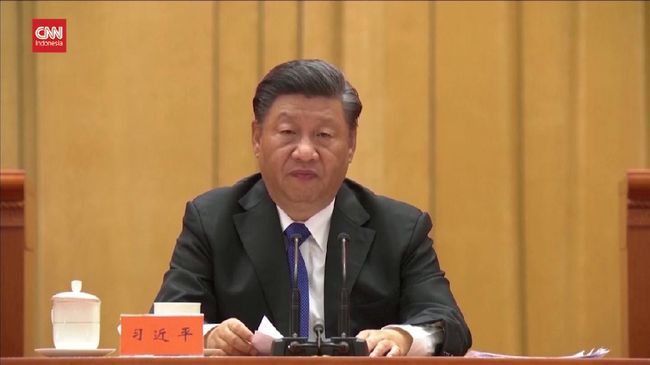Those seven bullets fired at Jacob Blake’s back at close range had rekindled anti-racist anger in Kenosha and across the country. But on Friday, the US Department of Justice announced that there would be no federal prosecution of the policeman, especially because the young African-American, who remained paralyzed in his legs, was armed with a knife at the time of the attacks. facts. In January, the state of Wisconsin had already given up on prosecuting the police.
“The ministry made this decision because the evidence obtained is not sufficient to prove that the officer used excessive force,” said a statement. For its part, the State of Wisconsin had notably justified its decision by the fact that Jacob Blake had admitted to being armed with a knife at the time of the facts – even if he had denied having brandished it as the police officer claimed. .
Three nights of riots
On August 23, 2020, Jacob Blake was shot several times in the back in front of his three sons, when the police tried to arrest him for domestic violence. The scene, posted on the Internet, had revived the mobilization against police violence, three months after the murder of African-American George Floyd, asphyxiated under the knee of a white agent in Minneapolis.
It had sparked three nights of riots in Kenosha, a town in the Great Lakes region, and peaked on August 25 when a 17-year-old young man linked to self-defense militias fired a semi-automatic rifle at three protesters, killing two people. The case had also led to a strong mobilization in the world of sport, with the postponement of several NBA meetings in particular.
Self-defense
In January 2021, the justice of the State of Wisconsin had already given up prosecuting the agents involved. Local prosecutor Michael Graveley had estimated that the author of the shootings was in self-defense because Jacob Blake “had resisted with a knife” to his arrest. The US government then recalled that the Federal Police (FBI) was investigating to determine whether Jacob Blake’s civil rights had been violated.
Officers analyzed numerous documents, including “police reports, witness statements, photos, videos…”. But ultimately, “senior federal prosecutors concluded that there was not enough evidence to establish beyond a reasonable doubt that the officer willfully violated civil rights” of Jacob Blake, according to the department.
–


